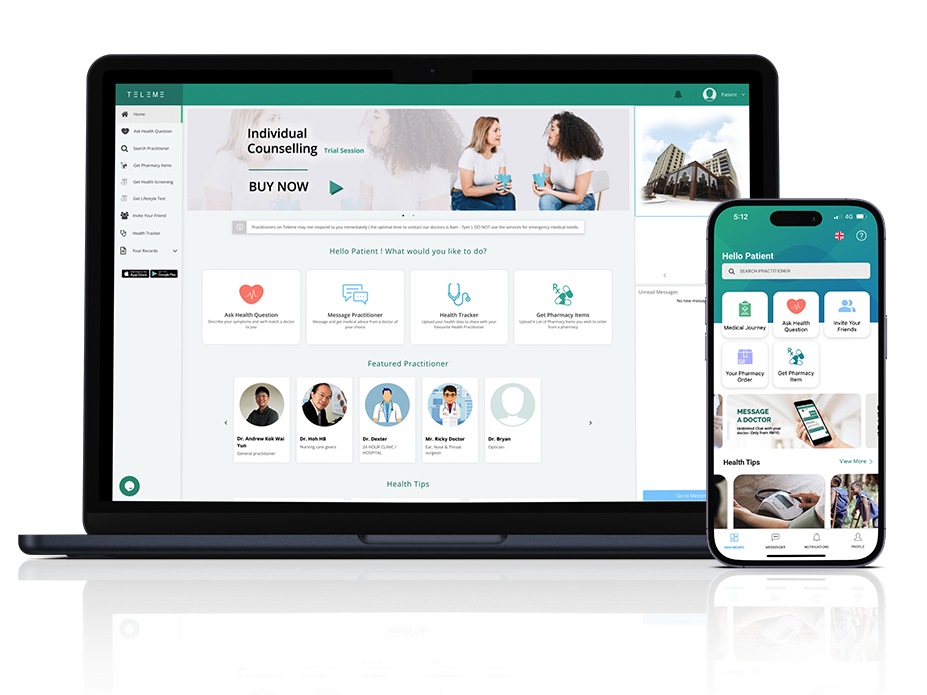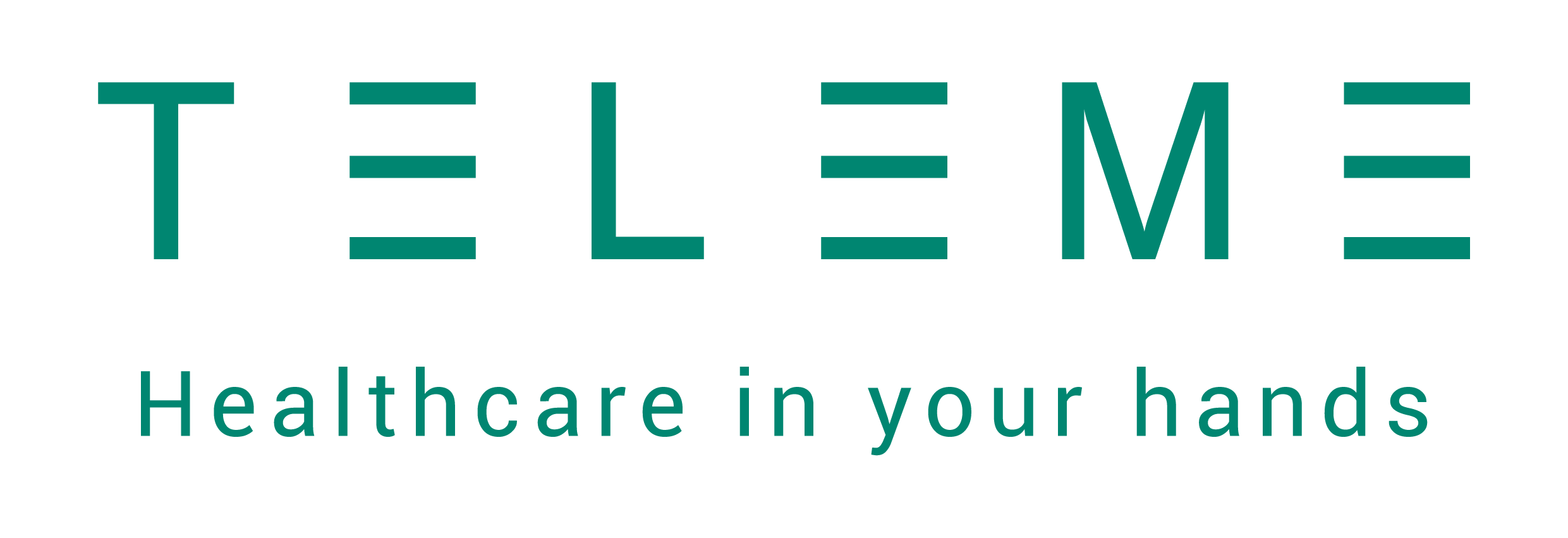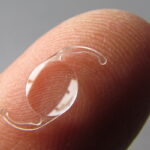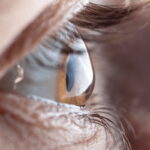Intra Vitreal Injection into the Eye
Intravitreal injections of anti-VEGF medicine can be used to treat a number of eye conditions that cause bleeding or swelling (oedema) of your retina resulting in blurring or loss of vision.
Eye conditions which can be treated include
- Wet Age-Related Macula Degeneration (ARMD)
- Diabetic Maculopathy or Diabetic Macula Oedema
- Retinal Vein Occlusion
How does the Treatment work?
Vascular endothelial growth factor (VEGF) is a protein produced by cells in the eye in certain conditions such as poorly controlled diabetes or vein occlusion and in ARMD. The VEGF results in the growth of abnormal new blood vessels in the retina. Unfortunately these vessels are leaky and causes bleeding or retina swelling which results in blurring or loss of vision.
Anti-VEGF medicine blocks these VEGF, thereby slowing the growth of new blood vessels in the eye. This will slow and stop the damage caused by these abnormal leaky blood vessels.
Click to view Angiogenesis Foundation video on Anti-VEGF treatment
How is the Treatment given
Anti-VEGF treatment is given as an injection into your eye directly into the vitreous gel that fills your eye. The procedure is usually quick (between 5 to 15 minutes) and is not painful because you will be given an anaesthetic before hand.
Click to view EyeSmart AAO video on the treatment procedure
Post-Treatment Care
Although there are no restrictions to working or exercise, do take it easy for the first few days. You may be given eye drops to prevent infection and to reduce inflammation
If you have co-exisiting medical conditions such as hypertension, cholesterol or diabetes, do make the effort to keep these conditions under good control as this will help with the recovery process and also prevent future recurrences.
Prognosis
The visual recovery from the procedure varies from person to person and can take up to 1-2 months to see some improvement. You may need regular injections which can vary between 1 to 3 monthly intervals for up to 1-2 years or more. It is important to see your eye doctor regularly for the eye check and/or OCT retina scan to monitor the recovery progress.
Do check your vision regularly using the chart below to monitor your progress
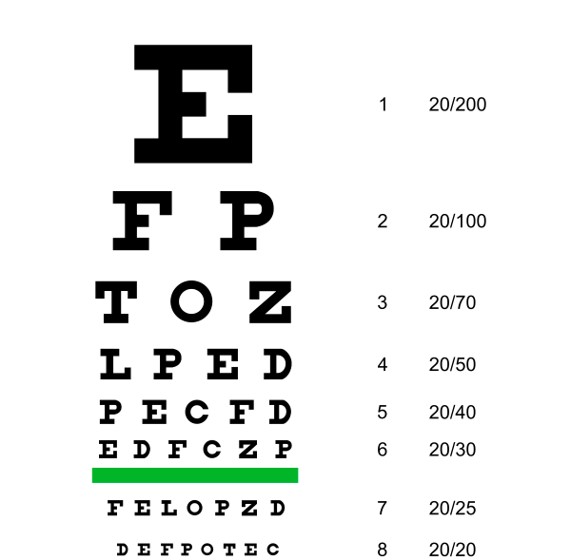
Disclaimer. TELEME blog posts contains general information about health conditions and treatments. It is not intended to be a substitute for professional medical advice, diagnosis or treatment. The information is not advice and should not be treated as such.
If you think you may be suffering from any medical condition, you should seek immediate medical attention from your doctor or other professional healthcare providers. You should never delay seeking medical advice, disregard medical advice, or discontinue medical treatment because of information on this website.

